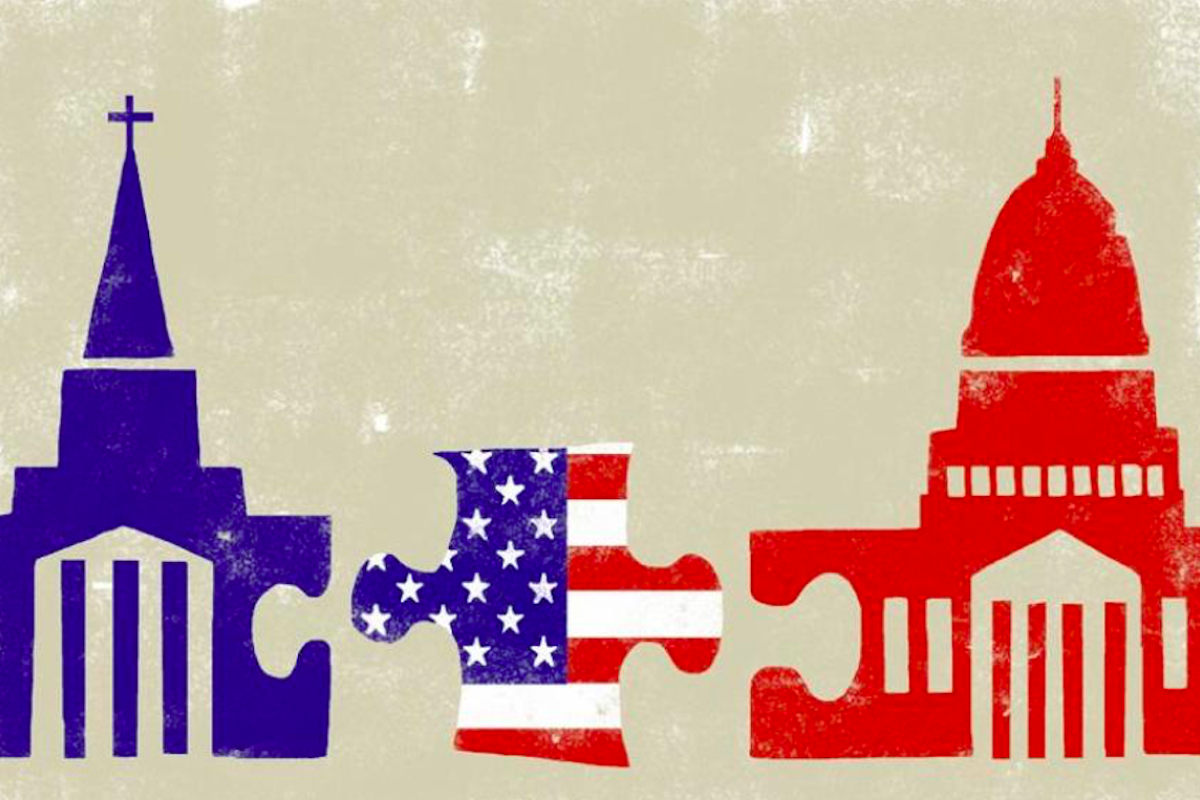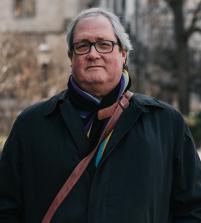
Liberalism’s Faith
On Maggie Nelson, the free exchange of ideas that fundamentalists fear, and the faith that must ground any tenable liberalism
Recent titles from the conservative side of the political spectrum – I am thinking especially of Rod Dreher’s The Benedict Option and Patrick Deneen’s Why Liberalism Failed – are deeply informed by (their versions of) the Roman Catholic religious tradition as the solution to our political woes. A religious peripatetic, Dreher converted to Catholicism and then converted again to Orthodoxy in the face of the clerical abuse scandal; he is nonetheless a self-styled traditionalist who bemoans the sorry state of our nation’s moral life. Deneen is, so far as I can discern, a Catholic who sees in the tradition an opportunity to forge what America’s two-party political system simply does not enable: the combination of an economic platform that is broadly liberal and a social and cultural platform that is broadly conservative. Deneen is particularly thoughtful and not easily categorized, but he is not shy about his central claims: the logic of late liberalism amounts to nothing more than the ongoing, seemingly limitless expansion of individual rights. Like Dreher, for Deneen what is lost is a sense of community that is richly complex not only about our rights but about our duties. The high-octane version of this thesis – and so far as I am aware it is unclear to what degree Dreher and Deneen concur – can be found in the writings of the legal scholar Adrian Vermeule, who attacks a liberal “creed” that must be countered by appeals to a “common good originalism” driven by Catholic ideas as the best articulation of what the American founders meant when they endorsed the idea that it was the duty of government to “promote the general welfare” of the nation.
What Dreher, Deneen, and Vermeule among others recognize is the importance to American life of the values its culture enshrines. They sense, correctly, that despite the notable presence of Catholics on, for example, the Supreme Court, the conservative Catholic social teaching they espouse is not influential with the wider American public. Their arguments aim to change that.
To be clear, none of these writers is predictably “conservative”: Deneen, for example, has good things to say about a range of post-Enlightenment thinkers – e.g., Karl Marx – who recognized the flattening role that unbridled capitalism plays in a culture. At the same time, all three almost certainly view as optimal a United States of America that is more deeply inflected by (again, their version of) Catholic social and theological norms.
For a host of reasons I doubt that they will succeed. Nonetheless these are thoughtful voices, and if I offer a strong demurrer to their position, I do so with respect.
It remains a confusion among many that the United States was not founded as a Christian nation. The theology of the founders was to a significant extent deist – they believed that there was a God and that the divine plan for the universe included the establishment of the United States of America. They understood their religion to be based in nature, not revelation. These commitments were readily construed by many as Christian, but they were not. The founders were suspicious of organized religion because they did not wish to duplicate in the American polity what they regarded as repeated instances of its harmful interference in the public life of other nations. (A classic example of their attitude is available in Benjamin Franklin’s Autobiography in which Franklin extols the salutary benefits of religion in the regulation of a virtuous life, only to proceed in the immediate succeeding pages roundly to condemn the Quakers for their refusal to take arms on behalf of their nation).
The founders’ genius in melding the staunch refusal of religious establishment with the equally staunch principle of religious freedom would make them repudiate the idea that the United States should be explicitly a Catholic nation, and even the (slightly) modulated claim that it should draw foundationally on Catholic ideas to regulate its polity. In the specific usage of Martin E. Marty and R. Scott Appleby, Dreher and Deneen and Vermeule are religious fundamentalists: they are nostalgic for a religious world that never existed. More to the point, they seem to me to fear the idea of the free exchange of ideas in the public square that the founders – none more than Thomas Jefferson – regarded as the hallmark of a strong democracy.
In casting about for work that persuasively evinces this hallmark yet is not easily categorized, I found myself drawn to the writing of Maggie Nelson. Nelson’s best-known book, The Argonauts, analogizes the boat that carries Jason and his crew on their vexed journey to the adaptive determination that Nelson and her transitioning partner Harry Dodge must marshal to form what is – excepting the sexuality of the parents – a classic American family. Nelson’s narrative of domestic achievement challenges the “heteronormative” reader to consider what is actually all that different about the desires and difficulties that characterize that aspiration. In her rendition, the word “queer” proves quite serviceable, even paradigmatic, for any such effort. Her aim is to convert her reader to the recognition that sexual orientation is at once important yet not utterly determinative of what makes a family. One way to capture this effect is to note that The Argonauts reads very well – that is, with principled complementarity –to such “Catholic” texts as Augustine’s Confessions.
Nelson’s new book, On Freedom: Four Songs of Care and Constraint explores the powers and the limits of intellectual freedom. It balances constant reference to and recognition of the subjugations that have been accomplished under the banner of freedom with insistence on the necessity of such freedom to any truly nuanced engagement with the world we inhabit. Nelson’s equipoise reflects a faith in our capacity to exercise such freedom responsibly, to our ultimate benefits.
On Freedom is not a book that Dreher, Deneen, or Vermeule would regard as religious. In terms of traditional, affiliative religion, they are correct. What she does offer, however, is a classic argument for a faith – neither sexy nor strident – that should, indeed must, ground any tenable liberalism. It is one that Jefferson’s thought (if perhaps not his person) would have been compelled to recognize.
Image by Gwenda Kaczor, from Chronicle Review via creative commons.
Sightings is edited by Alireza Doostdar and Willemien Otten. The views and opinions expressed in this article are those of the author and do not necessarily reflect the position of the Marty Center or its editors.


